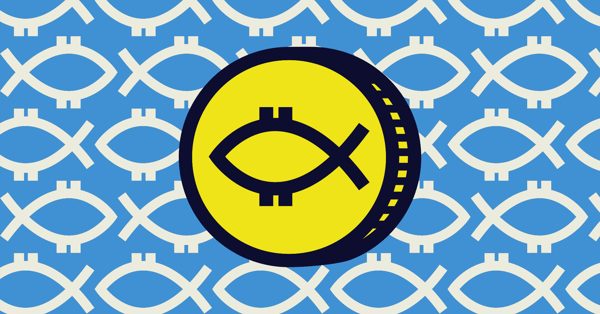The Crypto Christian firmly believes God has a sense of humor.


The Crypto Christian firmly believes God has a sense of humor.

What is Bitcoin?

At this point, there are hundreds of crypto courses available to take online... but not all of them...

Starting your Bitcoin and crypto journey begins with a lot of research... and many hours spent on...
The Official Crypto Christian Dictionary
The world of Bitcoin, Crypto, and Web3 may as well have it's own language. There are dozens of terms, acronyms, and jargon one must learn in order to understand everything.
We decided to do your homework for you.
Here is the official Crypto Christian Dictionary!
Altcoin:
ATH (All-Time-High):
Bear (Bearish or Bear Market):
Bitcoin (BTC):
Blockchain:
Block Reward:
Bull (Bullish or Bull Market):
CBDC (Central Bank Digital Currency):
Cold Storage:
Cryptocurrency:
Cryptography:
DAO (Decentralized Autonomous Organization):
Decentralized Finance (DeFi):
Decentralization:
Ethereum:
ETH:
ERC-20:
Fiat:
FUD (Fear, Uncertainty, Doubt):
Gas (Gas Fees):
HODL (Hold On for Dear Life):
Initial Coin Offering (ICO):
Know-Your-Customer (KYC):
Market Cap:
MetaMask:
Miner:
Non-Fungible-Token (NFT):
Proof-of-Stake (PoS):
Proof-of-Work (PoW):
Private Key:
Satoshi Nakamoto:
Smart Contract:
Stablecoin:
Staking:
Token:
Vitalik Buterin:
Wallet:
Web3:
Yield Farming:
The Crypto Christian Team